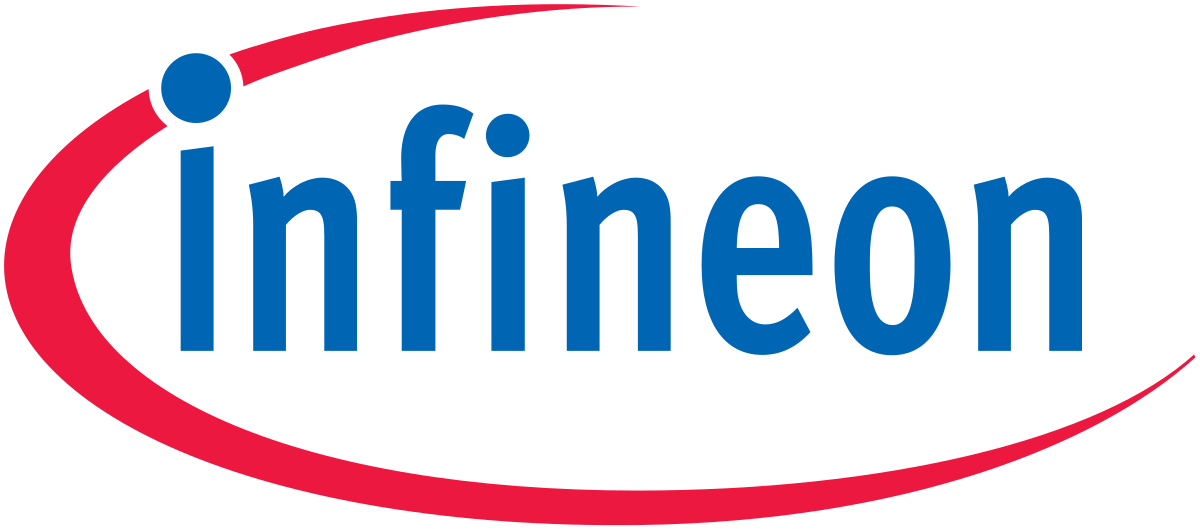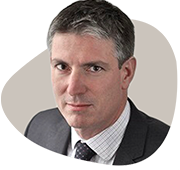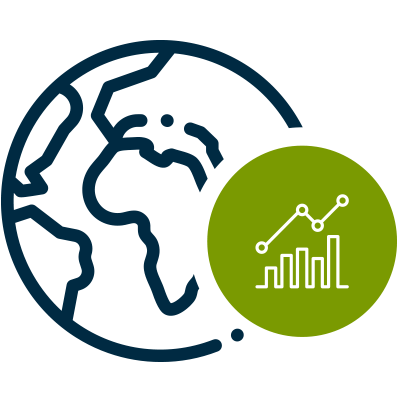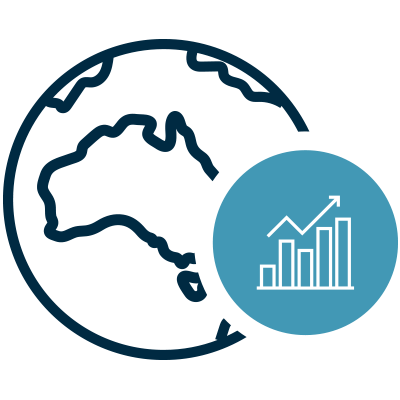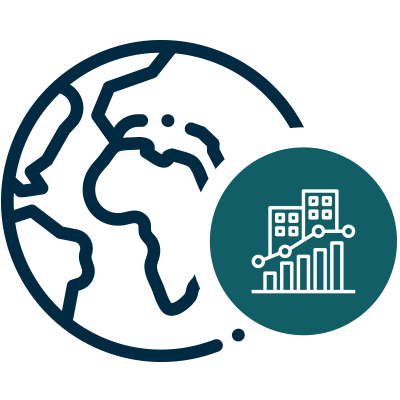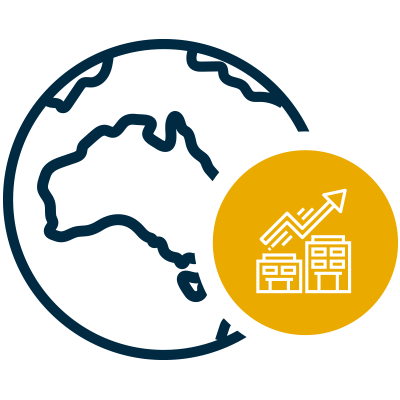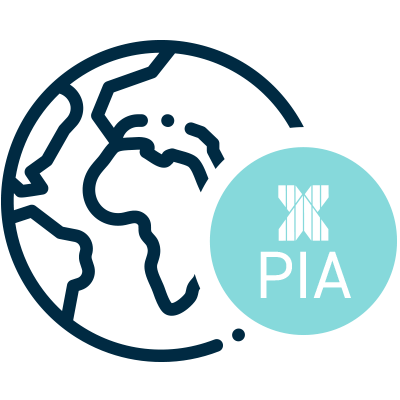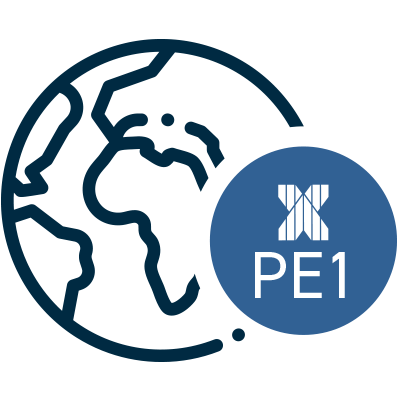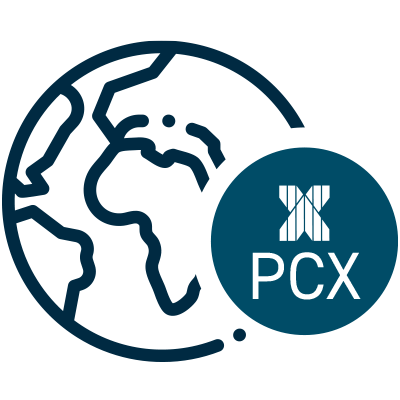SUMMARY
Global equity markets, represented by our benchmark the MSCI World Index of stocks, finished May little changed from where they started but volatility remained high. While there was a lot of talk about peak inflation this month, the data showed little hard evidence to support that. Ongoing monetary policy tightening and China’s COVID lockdown remained the major concerns for the market.
Our strategy performed slightly better than the benchmark MSCI World Index in May. We saw strong performance from the Sustainable Transport and Health themes. This was partially offset by the weaker performance in the Wellbeing and Education themes.




